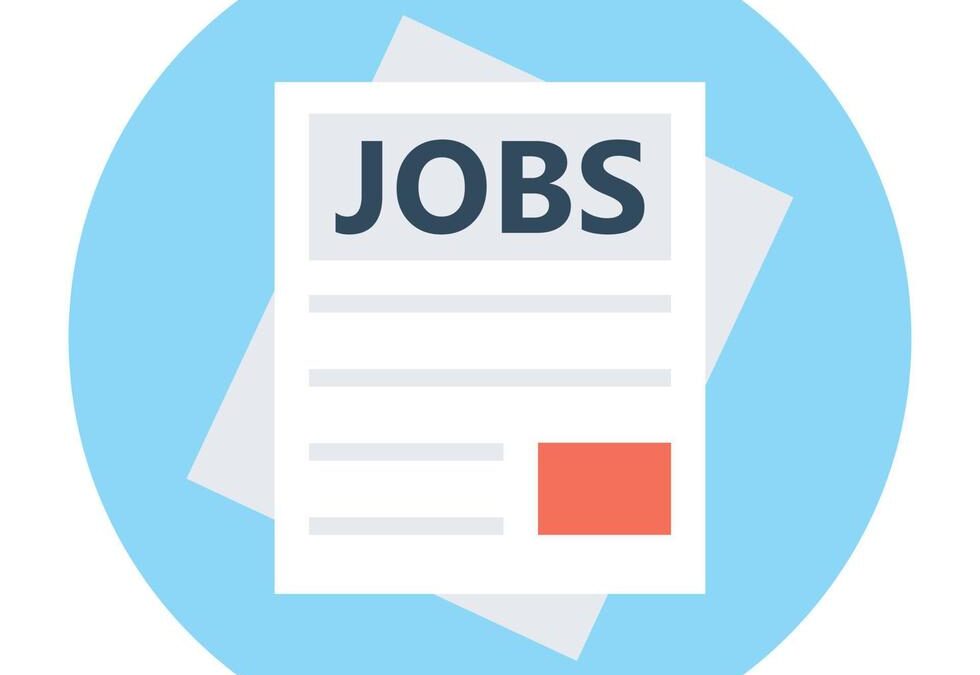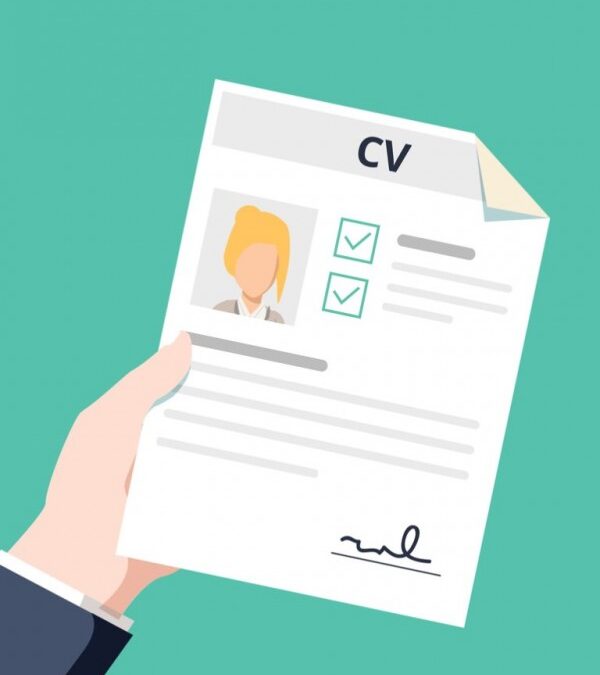
Applying for your first job? 5 Must-Dos to Triumph
Applying for your first job is exciting, scary, intimidating, and stressful – all at the same time. You feel like ‘it’s now or never’ and that you need to secure a job at any cost! A first job will always be special, and one never forgets the entire process one goes through, prior to it. At any rate, it is important to start off with the right foot, and here are the 5 must-dos we think will ensure that you start right and help you triumph during this phase ! Once you’ve started right, half your work is done!
1. Applying for your first job : Prepare –
It’s mandatory to repeat the cliché about how there is no shortcut to success, here, because it’s actually true. Be thorough in your preparation– starting from your resume to your outfit for the interviews. Make a detailed list of all the organizations you want to apply to. State your reasons alongside the name of the organization, this gives the process a sense of purpose. Be methodical and arrange all the contact information. Find out if references will be required, it is always wise to keep one or two handy anyway. Set up a LinkedIn profile (and here’s why you must).
2. Applying for your first job : Reach out to People you Trust –
Talk to people who have been in your situation before, and whose experience and knowledge you respect. Share your doubts and your concerns which you will most certainly experience this phase. Keep your eyes, ears and your mind open, listen to everything that comes your way. At the same time, sift the information so that you don’t end up getting confused and start panicking.
3. Applying for your first job : Choose Wisely –
Ask yourself what motivates you. Remember that ultimately, it is you who has to get up and go for work in the morning. Being stuck in an unhappy profession, more so, beginning with an unhappy profession is something that could really pull you down. So, like we said before, listen to everyone but choose only what you know is guided by your passion.
4. Applying for your first job : Know your own Worth –
It may be true that you are an entry level professional, however, that shouldn’t leave you with a lack of bargaining power. Assess your skills and any past experience you may have gathered which will be relevant for the job you are applying to. Remember that we all invest in our careers, and many times are guided by the logic of doing things that will ‘give us an edge over others’. This is the time when you should take stock of everything and value yourself accordingly.
5. Applying for your first job : Be Professional –
Adhere to timelines and any other specifications the organizations may have issued. Once you have completed an application, be patient and allow enough time before following up. If you’ve received an offer and have made up your mind to not go ahead, do let them know instead of keeping them waiting unnecessarily. After every round, sending in a polite thank you email, is a good way to go. Respect the organization’s time and also the fact that there could be other people who want the job, accept an offer only if you are sure to hold good on it!
Lastly, keep calm and keep reminding yourself that after all, it is only a job. Remember to eat and drink healthy and get plenty of fresh air. We understand how applying for your first job can be especially stressful, but do remember that it’s a phase where you need to get your best game to the table. What will truly make a difference is how calmly you are able to handle this. Again, we know it’s easier said than done, but we also know it’s not impossible and keeping all the above must-dos in mind will definitely help!


